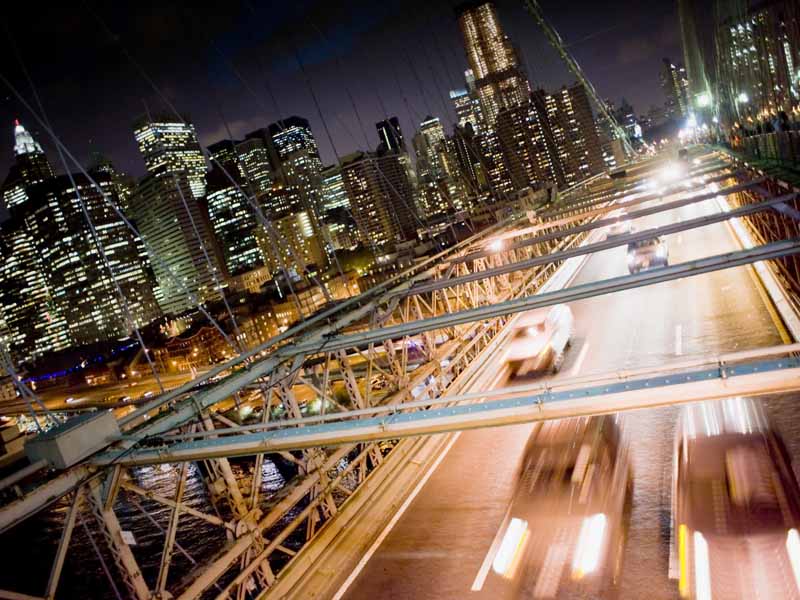Discussion about climate change and renewable energy was almost totally absent from the 2016 election. This is remarkable, given that it can reasonably argued to be the biggest issue facing Australia and the world.
Environment Minister Greg Hunt was missing in action, and the ALP’s Mark Butler wasn’t any more visible. Nor were their policies.
The Greens of course talked about climate change, but even then their arguments were muted, as their presence in the campaign was dominated by questions over preference deals and their likely showing in a number of inner-city electorates like Melbourne’s Batman (where they have very nearly unseated the ALP’s hapless David Feeney.)

Now the election is over, the horse trading and recriminations begin. No matter who forms government, and by what margin, things will be very different. It is odd that so many are expressing surprise at the result when it is just about exactly what the opinion polls predicted – a knife edge.
There was too much of a belief that the polls could not possibly be right and that the government would easily be returned, slightly chastened with a somewhat reduced majority. Not so. Opinion polls in Australia have historically been very accurate, a result of our compulsory voting system and a high degree of sophistication and professionalism.
So here we are. A minority Coalition government seems the most likely outcome, which will mean a vastly reduced ability for Malcolm Turnbull to push his agenda and increased rumblings in the Liberal Party about his leadership. That will happen even with a tiny Coalition majority, the second most likely result.
A Labor Government is most unlikely. Even if the numbers are nearly there, why accept a poisoned chalice? Let the conservatives rip themselves apart, then win the subsequent and inevitable election.
All this will consume the Coalition and Labor in the weeks and months ahead. This means climate change and renewable energy issues will remain on the outer – but only for now. When the dust finally settles – and it will – environmental issues will come back, and they will be more important than ever.
There are a number of reasons for this. The election has shown that the influence of the far right continues to decline. These guys are world class denialists on climate change, but the extent of their ability to delude themselves is even more apparent in their inability to see that they are the very cause of the problems they bemoan in conservative politics.
The Liberal Party elevated Malcolm Turnbull to the leadership because the Coalition had become unelectable under Tony Abbott. Had Mr Abbott still been Prime Minister they would have been smashed on Saturday night.
The main reason Mr Turnbull’s electoral stocks have since declined so sharply is because of the right’s continued ability to thwart the liberal aspects of his agenda. They are the ones at fault – the Australian people are much closer to the small L liberalism of Malcolm Turnbull than they are to the blinkered conservatism of the right wing of the party.
Seen in this light, the result of the election is a repudiation of the right in Australian politics. This is despite the election of Pauline Hanson and her brand of xenophobic populism. (My favourite comment of the election was from the Courier Mail’s Dennis Atkins on the ABC’s Insiders program on Sunday morning. He said her supporters couldn’t even handle the present, let alone the future).
The election result is a victory for reason over prejudice and for knowledge over ignorance. That is why I believe that climate change and what to do about it will be back on the agenda, sooner rather than later.
That will not be the case with the government about to be formed, which will most likely be riven by internal divisions and short termism. But it will be the case in the medium term. There is a new political reality in Australia. As reason prevails (it always does, eventually) and as the catastrophic effects of a warming planet become more apparent, the agenda will shift.
You want my prediction? After a period of instability (sorry, Malcolm) and internecine bloodletting, there will be another election, within six to twelve months. The ALP will win and The Greens will be stronger than ever, but Labor will need their support. Australia will introduce some sort of carbon pricing system and join the real world, where renewable energy is increasingly important.
Power sharing, common in countries with proportional representation, will become the new norm. Political parties and people with different views will have to sit down and talk to each other, and reach compromises based on – shock, horror – reasoned arguments.
It has become perceived wisdom that Julia Gillard’s minority government was chaotic. It was not – it functioned well and passed more legislation than any other recent Australian government. It was the ALP’s internal politics that was chaotic, as the Liberal’s now is.
We live in interesting times. Things are a little untidy. But I believe we will come out of it well, and that a sensible and enduring approach to the massive problem of a what we do about man’s effects on the global environment will be one of the beneficiaries.
Somebody please tell Greg Hunt.
Do you know more? Contact James Riley via Email.

